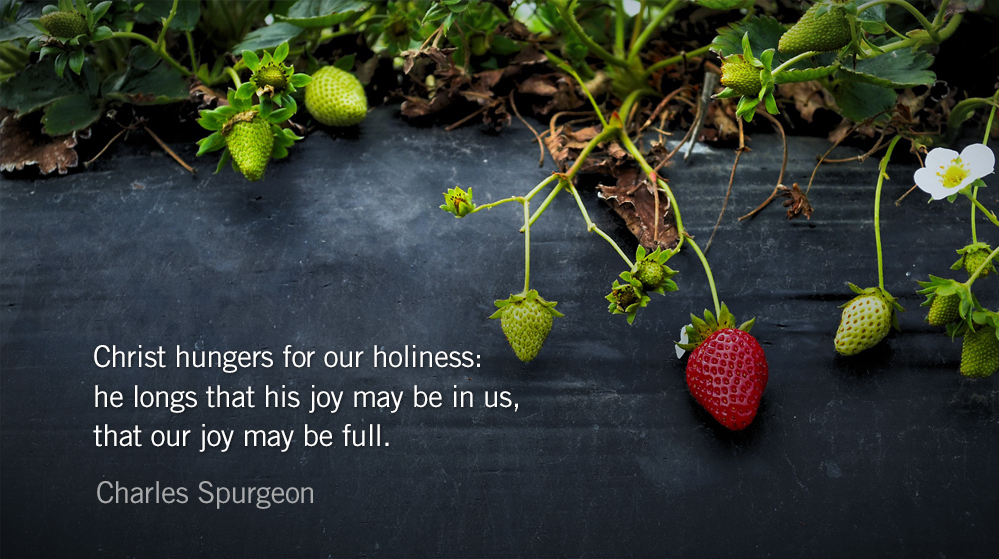Seeing a fig tree by the wayside, he went to it and found nothing on it but only leaves. And he said to it, “May no fruit ever come from you again!” And the fig tree withered at once. When the disciples saw it, they marveled. — Matthew 21.19-20
Christ extended grace to sinners, showed mercy to the guilty, and walked patiently even as his closest followers struggled to understand who he was and what he was doing. Then the Son of God cursed a tree.
This is, of course, far more than Jesus lashing out in frustration because he couldn’t get what he wanted for lunch. Charles Spurgeon calls the moment a “miracle and a parable,” explaining:
Fruit is what the Lord earnestly desires. The Savior, when he came under the fig tree, did not desire leaves; for we read that he hungered, and human hunger cannot be removed by leaves of a fig tree. He desired to eat a fig or two; and he longs to have fruit from us also.
At first Spurgeon’s rhetorical turn from “eat a fig” to “fruit from us” seems forced. Yet this is likely the type of challenge Matthew wants his readers to face. Jesus condemns the self-serving traditions the religious elite attached to worship. Jesus condemns the rich man’s relentless pursuit of self. Jesus condemns those who receive forgiveness and do not extend it.
Any kind of faith that looks alive but bears no fruit falls under his condemnation. Spurgeon sees two reasons for Christ’s passion for fruit, concluding:
[Christ] hungers for our holiness: he longs that his joy may be in us, that our joy may be full…. He would see in us love to himself, love to our fellow-men, strong faith in revelation, earnest contention for the once delivered faith, importunate pleading in prayer, and careful living in every part of our course.What did he die for but to make his people holy? What did he give himself for but that he might sanctify unto himself a people zealous for good works? What is the reward of the bloody sweat and the five wounds and the death agony, but that by all these we should be bought with a price? We rob him of his reward if we do not glorify him, and therefore the Spirit of God is grieved at our conduct if we do not show forth his praises by our godly and zealous lives.
Today’s Reading
Jeremiah 7 (Listen – 5:18)
Matthew 21 (Listen – 7:10)






